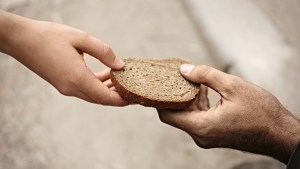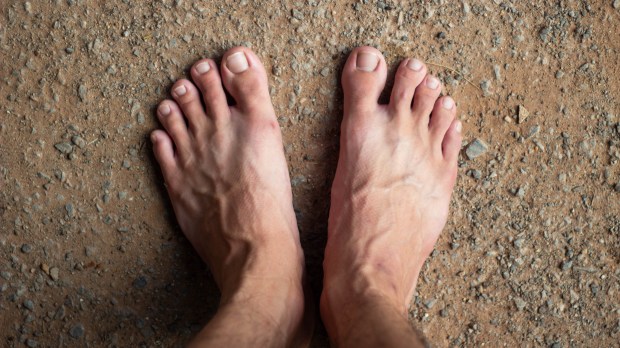Today’s Gospel describes a miracle that happens at the end of a busy day that Jesus spends catechizing people. The striking thing is that initially it seems that his disciples are the ones who have their feet on the ground, unlike their master Jesus, who doesn’t seem to take into account the needs of the people who have been listening to him all day: “When it was evening, the disciples approached him and said, ‘This is a deserted place and it is already late; dismiss the crowds so that they can go to the villages and buy food for themselves.'”
The idea that faith is an abstract matter while life is about concrete things is a prejudice that many people harbor within themselves. Through the multiplication of the loaves and fishes, Jesus seems to want to disprove this prejudice that runs first and foremost through the reasoning of his disciples, but affects everyone a little.
For faith is not about dealing with things on the margins of life, but about dealing with what gives meaning to all of life, including hunger or the very taste of eating or drinking. For when a person loses the meaning of his or her existence, what is the use of having food or living focused only on material things? Mere matter does not satisfy the human heart. We are spiritual beings, that is, endowed with a deeper dimension. When we don’t take that dimension seriously, it turns us into wandering souls who no longer know where to go.
This is the problem of the contemporary world: we entertain people with our speeches but when they concretely need something we let them go and look for the solution on their own. Many people leave the Church because they are preached a Gospel that no longer touches the concreteness of their lives. Jesus’ words from today’s Gospel passage are addressed to us, “There is no need for them to go away; give them some food yourselves.” Faith is either concrete or isn’t real.


